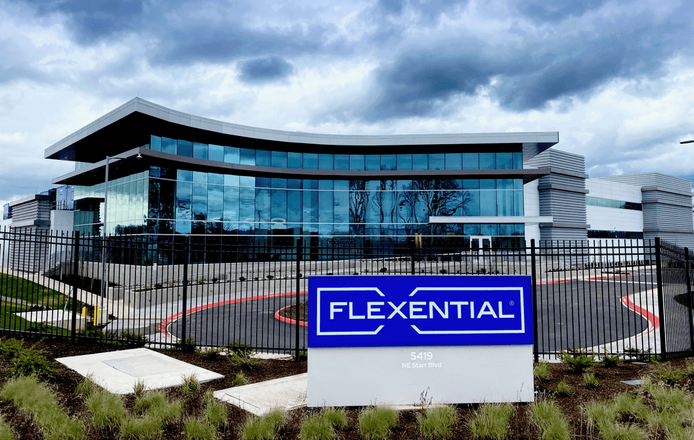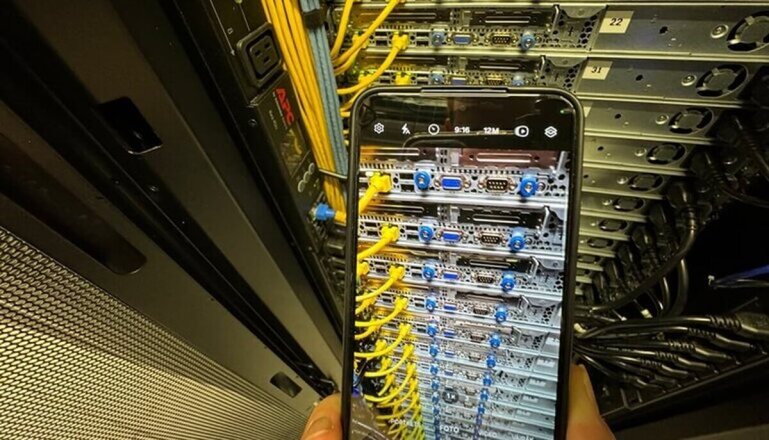
Micron Technology is expanding its foothold in the rapidly growing artificial intelligence hardware market with a new generation of low-power memory modules aimed at improving the efficiency and scalability of AI data centers. The company has begun customer sampling of its 192GB SOCAMM2 (Small Outline Compression Attached Memory Module).
It’s a next-generation low-power DRAM solution designed to meet the increasing performance and energy demands of AI workloads.
As AI systems evolve to process larger datasets and more complex models, memory has become one of the most critical components of data center infrastructure. The SOCAMM2 module builds on Micron’s first-generation LPDRAM SOCAMM architecture, offering 50 percent higher capacity in the same compact form factor. According to Micron, this advancement significantly enhances the ability of AI servers to handle real-time inference tasks, with the potential to reduce time-to-first-token (TTFT) latency by more than 80 percent in some applications.
The new module also delivers more than 20 percent higher power efficiency, thanks to Micron’s latest 1-gamma DRAM manufacturing process. This improvement could have significant implications for hyperscale AI deployments, where rack-level configurations can include tens of terabytes of CPU-attached memory. Lower power draw translates directly into reduced operational costs and smaller carbon footprints – key considerations for operators seeking to balance growth with sustainability.
Micron’s work with low-power DRAM (LPDRAM) technology builds on a five-year collaboration with NVIDIA, one of the leading forces in AI computing. The SOCAMM2 modules bring the high bandwidth and low power consumption traditionally associated with mobile LPDDR5X technology to the data center, adapting it for the rigorous demands of large-scale AI inference and training environments. The result is a high-throughput, energy-efficient memory system tailored for next-generation AI servers, designed to meet the needs of models with massive contextual data requirements.
The company’s latest innovation is part of a broader industry trend toward optimizing data center hardware for AI workloads. With power-hungry generative AI systems now driving infrastructure expansion, the need for energy-efficient components has become a top priority. Memory performance directly affects model responsiveness, and bottlenecks in data transfer or latency can significantly degrade throughput across large clusters. Micron’s SOCAMM2 addresses these challenges with its compact form factor – one-third the size of a standard RDIMM – while increasing total capacity, bandwidth, and thermal performance. The smaller footprint also allows for more flexible server designs, including liquid-cooled configurations aimed at managing the thermal load of dense AI compute environments.
Micron has emphasized that SOCAMM2 modules meet data center-class quality and reliability standards, benefiting from the company’s long-standing expertise in high-performance DDR memory. Specialized testing and design adaptations ensure that the modules maintain consistency and endurance under sustained, high-intensity workloads.
In addition to product development, Micron is playing a role in shaping industry standards. The company is actively participating in JEDEC’s ongoing work to define SOCAMM2 specifications and collaborating with partners across the ecosystem to accelerate the adoption of low-power DRAM technologies in AI data centers.
Micron is currently shipping SOCAMM2 samples to customers in capacities of up to 192GB per module, operating at speeds of up to 9.6Gbps. Full-scale production is expected to align with client system launch timelines later this year.
The introduction of SOCAMM2 underscores how power-efficient memory is becoming central to the next phase of AI infrastructure design. As hyperscalers and enterprise operators seek to build faster, greener data centers, Micron’s latest innovation would signal a shift toward hardware architectures optimized for both performance and sustainability.
By leveraging decades of semiconductor expertise and its deep involvement in the AI ecosystem, Micron is positioning SOCAMM2 as a foundational component in the industry’s move toward more efficient, high-capacity AI computing platforms.





